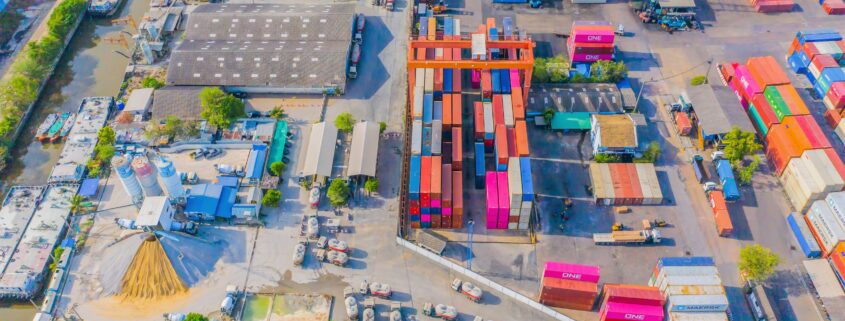
Utilizing Certificate Management Software like Certifeye for Global Supply Chains
A global supply chain encompasses the comprehensive sequence of processes involved in the production and distribution of goods across multiple countries. These processes include sourcing raw materials, manufacturing, transportation, and delivering the final product to consumers. The complexity and scale of global supply chains necessitate meticulous management to ensure efficiency, compliance, sustainability, and accountability.
Certificates and Standards Management
Importance of Certificates and Standards
Certificates and standards in supply chains are crucial for ensuring product quality, safety, and environmental sustainability. They help in:
– Quality Assurance: Guaranteeing that products meet specific requirements and performance standards.
– Regulatory Compliance: Ensuring adherence to local and international regulations and laws.
– Market Access: Facilitating entry into markets that require specific certifications.
– Consumer Trust: Building consumer confidence through recognized and trustworthy certifications.
Examples of Certificates and Standards
- ISO (International Organization for Standardization):
- Fair Trade Certification: Ensures that products meet social, economic, and environmental standards.
- LEED (Leadership in Energy and Environmental Design): Certification for green buildings.
- FSC (Forest Stewardship Council): Ensures products come from responsibly managed forests.
- Global Organic Textile Standard (GOTS): Certifies organic textiles.
Chain of Custody
Importance in global supply chains
The chain of custody refers to the documentation or paper trail showing the sequence of custody, control, transfer, analysis, and disposition of physical or electronic evidence. In global supply chains, it ensures:
Traceability provides the ability to track the history, application, or location of an item, while transparency ensures clear visibility into the movement and handling of products. Responsibility guarantees that each stage of the supply chain is accountable for maintaining the integrity of the product.
Implementation in global supply chains
- Record-Keeping: Detailed records of each stage in the supply chain.
- Certification: Third-party certifications (e.g., FSC Chain of Custody Certification) to validate the integrity of the supply chain.
- Technology: Use of technologies like blockchain for immutable and transparent records.
Carbon Footprint Management
Importance of carbon footprint management in global supply chains
Managing the carbon footprint is critical for reducing the environmental impact of supply chains. This involves measuring and minimizing the greenhouse gas (GHG) emissions associated with the various stages of the supply chain.
Strategies for Carbon Footprint Reduction
- Energy Efficiency: Implementing energy-efficient practices and technologies in manufacturing and logistics.
- Renewable Energy: Transitioning to renewable energy sources like solar, wind, and hydro power.
- Sustainable Transportation: Using low-emission vehicles, optimizing routes, and encouraging modal shifts (e.g., from road to rail).
- Green Manufacturing: Adopting sustainable manufacturing processes, including waste reduction and recycling.
- Carbon Offsetting: Investing in projects that reduce or capture carbon emissions, such as reforestation or renewable energy projects.
Monitoring and Reporting
Monitoring and reporting involve using carbon footprint calculators to measure emissions at various stages of the supply chain, as well as preparing regular sustainability reports that are often aligned with standards such as the Global Reporting Initiative (GRI).
How software can help improve efficiency in global supply chains
Given the complexities and demands of managing global supply chains, adopting a Certificate Management software like Certifeye can be a game-changer. Certifeye enables seamless management of certificates and standards, ensuring your supply chain remains compliant, transparent, and accountable. By leveraging such software, you can:
- Streamline Certificate Management: Easily manage and track certificates to ensure continuous compliance with international standards.
- Enhance Traceability: Maintain a robust chain of custody with detailed, accessible records at every stage.
- Reduce Carbon Footprint: Monitor and report on carbon emissions, helping to identify areas for improvement and reduce environmental impact.
Implementing Certifeye not only simplifies these critical tasks but also supports your company’s commitment to sustainability and responsible business practices. Get Certifeye today to ensure your supply chain is efficient, compliant, and sustainable, contributing to broader efforts to promote sustainable development and combat climate change.
Would you like to learn more about certificates, standards, or questionnaires and how to manage them? Click here for a full tour of our software to find out how we can help.
